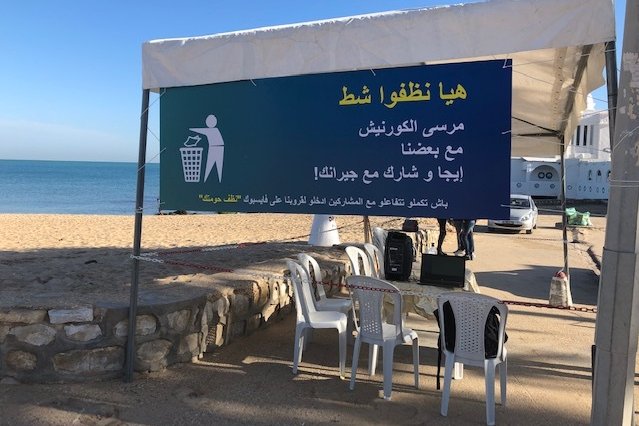
Does neighbourly pressure work?
Prisca Jöst, former Research Fellow at the Cluster of Excellence “The Politics of Inequality” has published a paper with the open access, peer-reviewed journal PLOS One.
Does social pressure from neighbours result in heightened participation numbers in cleanup events? Jöst’s paper titled “Neighborly Social Pressure and Collective Action: Evidence from A Field Experiment in Tunisia” examines this question. The connection between social pressure and individualized behaviour (i.e., voting, recycling) is well researched in the Global North, however, insights are lacking for both the Global South and the issue of collective behaviour. For her study, Jöst sent recruiters from the neighborhoods and community outsiders to randomly selected households in three neighbourhoods of varying socioeconomic composition in Tunis. Neighborly social pressure did not increase participation in the cleanups. Overall, however, participation rates varied across communities; Residents of the poor neighborhood were most likely to respond in a socially desirable way when asked about their intentions but least likely to participate in the events.
Prisca Jöst’s research interests include political and civic participation, social and economic policies and social inequality in Africa. Until recently, she was an independent Postdoctoral Research Fellow at the Cluster of Excellence “The Politics of Inequality” and the Development Politics research group (Prof. Anke Hoeffler) at the University of Konstanz. She is currently working as a Postdoctoral Researcher at the University of Marburg. She is also affiliated with the University of Gothenburg and was a Visiting Research Fellow at Yale University and the University of Mannheim.
